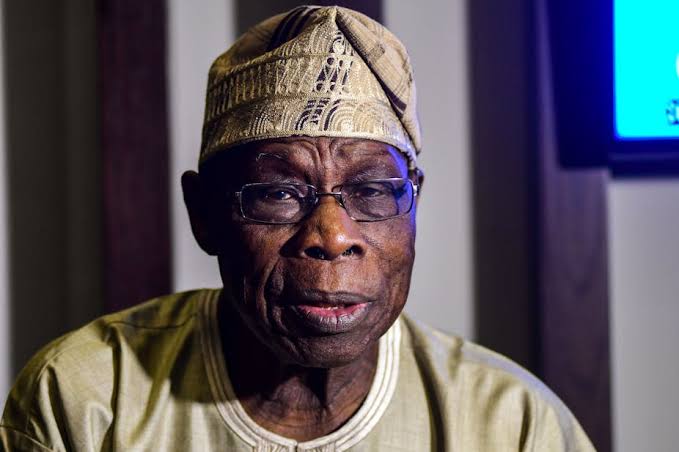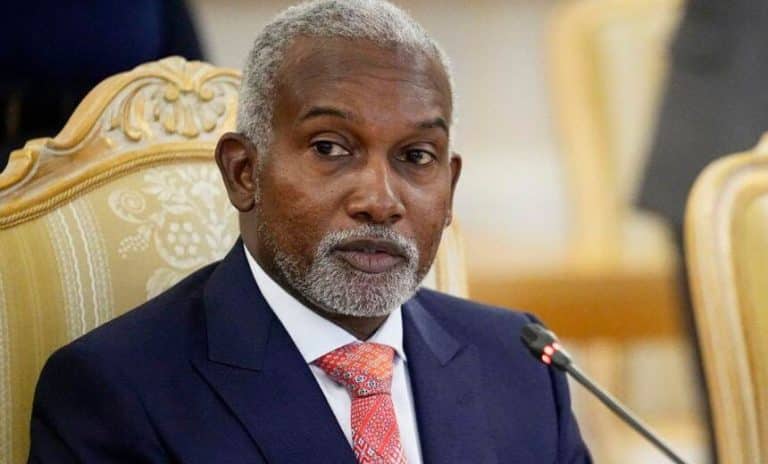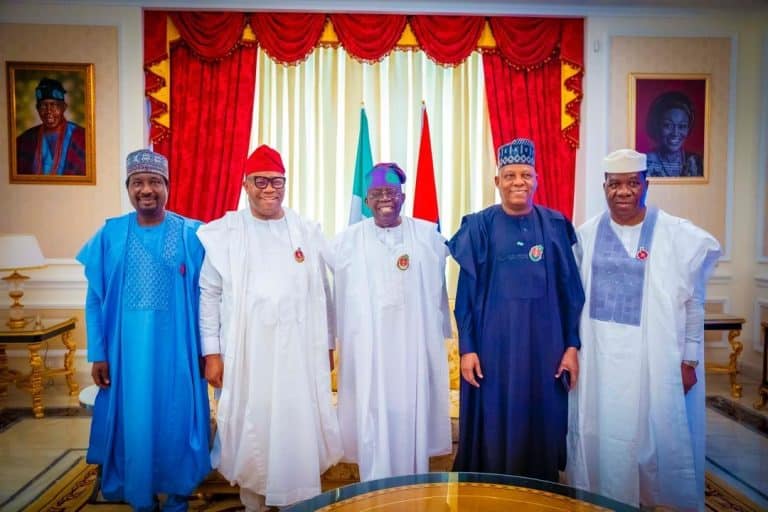The Nigerian petroleum sector is on the brink of a crisis, with approximately 10,000 filling stations set to close due to a staggering 92% decline in petrol consumption.
This dramatic drop has been attributed to soaring fuel prices following the removal of fuel subsidies.
Data from the Nigerian Midstream and Downstream Petroleum Regulatory Authority (NMDPRA) reveals that daily petrol consumption fell from 60 million litres in May 2023 to just 4.5 million litres by August 2024.
Currently, only 16 out of the 36 states in Nigeria are receiving petrol supplies from the Nigerian National Petroleum Company (NNPC), resulting in widespread shortages.
Joseph Obele, the national public relations officer for the Petroleum Products Retail Outlets Owners Association of Nigeria (PETROAN), expressed concern over the devastating impact of the consumption decline on members’ businesses. “The increase in fuel prices has led to huge losses for our members. We are facing a potential shutdown,” he stated.
Since President Bola Tinubu’s removal of the fuel subsidy in May 2023, petrol prices have surged dramatically from N175 per litre to over N1,000. This escalation has not only affected fuel consumption but has also driven up transport fares and contributed to a troubling 32.7% inflation rate in the country.
Abubakar Maigandi, president of the Independent Petroleum Marketers Association of Nigeria (IPMAN), corroborated the reports of declining consumption and highlighted the broader ramifications, stating that many workers in the sector face imminent job losses.
As the crisis unfolds, the Dangote Petroleum Refinery has begun shipping 79 million litres of petrol to Lagos, marking a significant milestone for the facility.
The refinery, located in Ibeju Lekki, is expected to help mitigate Nigeria’s reliance on imported fuel, especially after its first sea dispatch of approximately 500,000 barrels.
In response to the worsening situation, Obele warned, “The rising costs have also blocked the cross-border racketeering of the product, exacerbating our challenges.”







